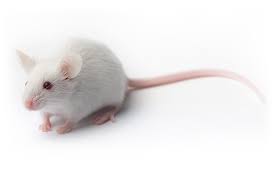By Joseph W. Guarnieri et al.
Source PNAS
Severe Acute Respiratory Syndrome Coronavirus 2 (SARS-CoV-2) infection inhibits mito- chondrial oxidative phosphorylation (OXPHOS) and elevates mitochondrial reactive oxygen species (ROS, mROS) which activates hypoxia-inducible factor-1alpha (HIF-1α), shift- ing metabolism toward glycolysis to drive viral biogenesis but also causing the release of mitochondrial DNA (mtDNA) and activation of innate immunity. To determine whether mitochondrially targeted antioxidants could mitigate these viral effects, we challenged mice expressing human angiotensin-converting enzyme 2 (ACE2) with SARS-CoV-2 and inter- vened using transgenic and pharmacological mitochondrially targeted catalytic antioxidants. Transgenic expression of mitochondrially targeted catalase (mCAT) or systemic treatment with EUK8 decreased weight loss, clinical severity, and circulating levels of mtDNA; as well as reduced lung levels of HIF-1α, viral proteins, and inflammatory cytokines. RNA-sequencing of infected lungs revealed that mCAT and Eukarion 8 (EUK8) up-regulated OXPHOS gene expression and down-regulated HIF-1α and its target genes as well as innate immune gene expression. These data demonstrate that SARS-CoV-2 pathology can be mitigated by catalytically reducing mROS, potentially providing a unique host-directed pharmacological therapy for COVID-19 which is not subject to viral mutational resistance.
Read more click here

